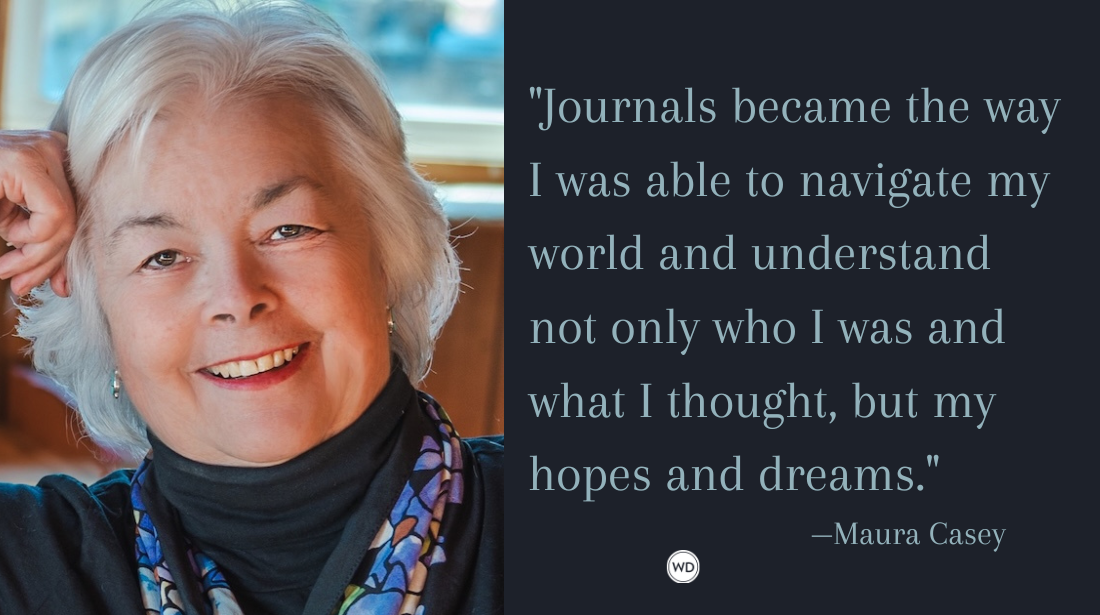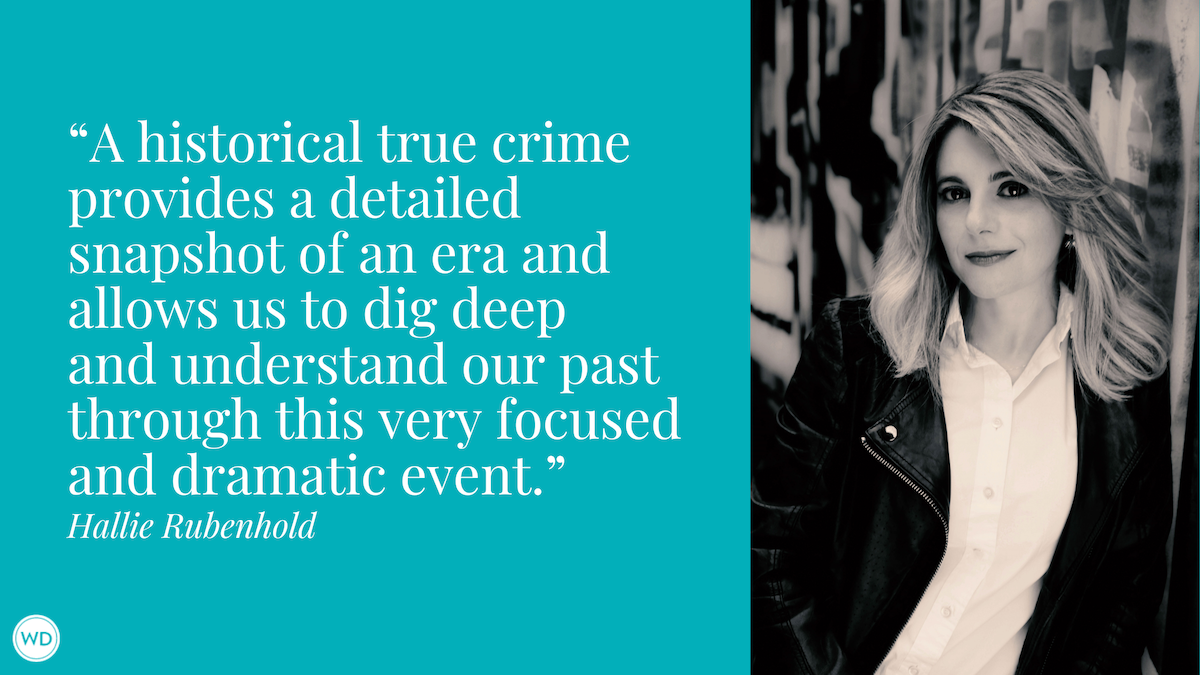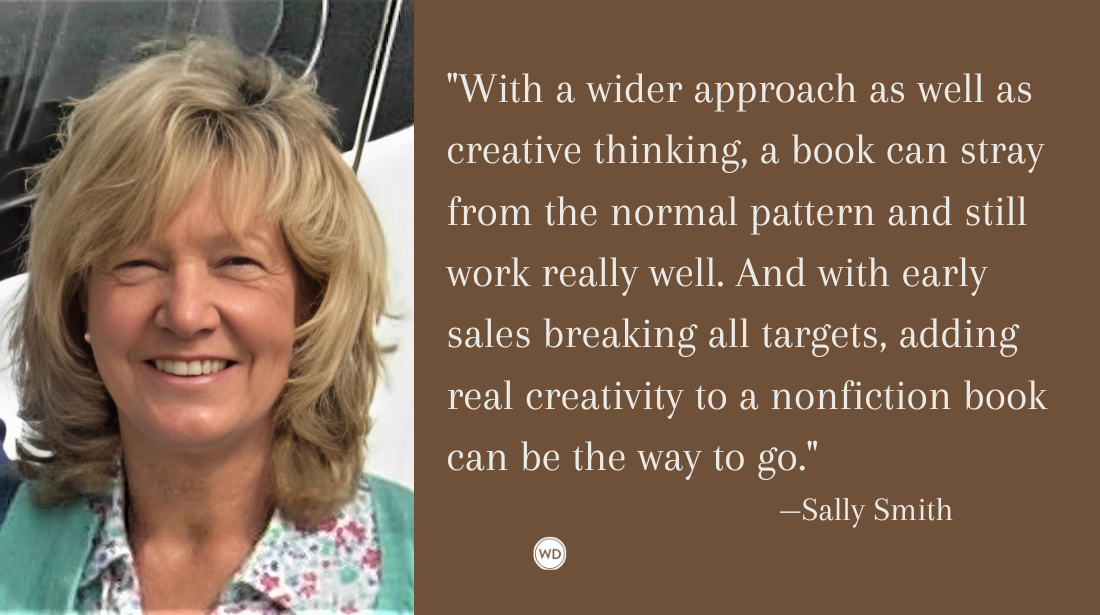The Truth is Out There
The Internet can make finding facts for articles fast and easybut be careful not to get caught in the Web. Here’s how to get instant answers online.
Good writing, especially good nonfiction writing, starts with good researching. With the explosion of information technologies in recent years, the nonfiction writer's ability to find facts fast has increased exponentially. These days the challenge isn't so much finding what you need to know as separating it from everything that you don't need to know.
Equipped with a computer, an Internet connection and some essential Web sites such as those spotlighted in WD's annual 101 best Web sites for writers (see May 2001 WD issue or view them online), you can now do an amazing amount of research without ever leaving your desk. What once would have taken hours or days, trips to the library and tedious waits for interlibrary loans now can be done in minutes. Even if you don't live near a major research library, the Internet brings a virtual library to your fingertips.
The problem, though, is that unless you also have the skills of a librarian, it's just as easy to get lost in that virtual library. The Internet may deliver the information to your desktop, but you still have to be a savvy researcher. When you're searching the Web, 10,000 hits can prove as much a dead end as zero hits.
Searching for a research strategy
To get results instead of headaches from your Web research, the first step is to think about what kind of information you're after. Are you looking for one or two stubborn facts to fill in the blanks in an article that's otherwise mostly written? Or are you at the very beginning of the writing process, teasing out leads to resources and potential interviews? Your online research strategy needs to fit your mission—one size definitely does not fit all.
If you're just using the Web for quick answers, it's the digital equivalent of a ready-reference bookshelf or a tireless reference librarian. The trick is to find the right "book"—in this case, Web page—that can rapidly and reliably deliver the nugget of data you need.
For example, a few months ago I was writing about the history of robots-a timeline, essentially—for I.D. magazine. I had several items that I knew I wanted to include, but I lacked a key piece of information—such as the date! Remember the movie Metropoliswith its gleaming female robot? So did I, but I didn't remember the year it was made, and without that fact I couldn't put it in my timeline.
Filling in such factual gaps in part depends on developing a repertoire of reliable Web sites on topics you often cover.
For movies, for instance, I depend on the Internet Movie Database site (www.imdb.com), a treasure trove of all things cinematic. Type "Metropolis" in the IMDB search box, hit "Go" and the answer appears: 1927.
You'll discover your own favorite specialized sites from recommendations in related magazines, lists such as WD's 101 best and, to be honest, trial and error and luck.
Other facts that you need fast don't have ready-made reference sites (or if they do, you don't know about them yet). So you'll need to turn to your arsenal of favorite all-purpose tools: The two I rely on most regularly are Britannica Online (www.britannica.com) and the Google search engine (www.google.com).
The first is a no-brainer. With the world's most renowned encyclopedia at your fingertips, many of your quick-info worries are over. Besides searching its own content, Britannica does a Web search so you can find answers that aren't even in the encyclopedia.
When I needed to find another date for my robot timeline—remember the robot in The Jetsons TV series?—the Britannica site actually proved to be the speediest solution (if least likely, given the print original's somewhat stuffy reputation). Though The Jetsons weren't in the encyclopedia proper, the site's Web search promptly found one of its recommended sites—an in-depth Jetsonsfan page—with a complete series chronology (the show first aired in 1962).
Once you're out on the wild Web and researching beyond trusted resources, however, you do need to take what you find with a grain of salt. While the author of that "Jetsons" page obviously knew way more than is healthy to know about any one TV series, and could surely be trusted for such a basic date about his object of obsession, not all the "facts" you'll find are true. If you're not sure about the source, try to raise your confidence level in your findings by searching for the same facts in several different sources.
I could have searched any of my favorite search engines—besides Google, I regularly use HotBot (www.hotbot.com) and AltaVista (www.altavista.com)—for "Jetsons 1962," which would have found an Entertainment Weekly list of great moments in science fiction, confirming that date.
(The Entertainment Weeklylist was a long one, however. To save scrolling down pages trying to eyeball your search term, use your browser's built-in "Find" function, typically under the "Edit" menu. In Internet Explorer for Windows, you can call it up quickly with Ctrl-F. Just type in the word you're after and this feature will find it on the current Web page.)
Web searches also work wonderfully for getting famous but only partly remembered quotes just right, or checking who said them. What city was Gertrude Stein referring to when she said, "There's no there there"? Searching for "There's no there there" and "Gertrude Stein" instantly returns the answer: Oakland, Calif.
Solving a problem like "Maria"
Sometimes the fact that's leaving an ugly hole in your article proves trickier to find. That robot from Metropolis, for example—what was its name? The Britannica article on Metropolisdirector Fritz Lang fails to mention that detail.
For puzzles like that I usually turn to Google, a deceptively simple-looking search engine that relies in part on an unusual strategy to separate the wheat from the chaff of the Web: It ranks sites by how often they are linked to by other sites.
So, while Google is not directly employing human intelligence in selecting its sites (as does another of my favorites, the classic Yahoo!, www.yahoo.com), it does add a human factor secondhand. Google is also lightning fast, and you don't need to master complicated search phraseology to get the results you need. Just type in a bunch of words—"Metropolis robot Fritz Lang" (adding the director's name to weed out sites merely about metropolises).
Google is also my first choice for finding any "official" site that I can't quite guess the URL for. What's the Web address for the National Archives? You might not guess it's www.nara.gov (as in "National Archives and Records Administration"), but Google can find it in a flash. Looking for Dodge cars? Google knows it's www.dodge.com. (You can even try the "I'm Feeling Lucky" button, which takes you straight to the site Google thinks is your best bet.)
Two other points worth noting about Google: The "Similar Sites" option on the results page lets you get more of the same once you've found one site that's in the right ballpark. And the "Cached" feature takes you to the page as it was when Google found it—with your search terms conveniently highlighted—even if it's subsequently changed. A nifty little time-travel trick.
But sometimes even Google runs up against a toughie. That Metropolisrobot question, for instance, proved oddly elusive. Google found me a bunch of sites about the movie, but unless I wanted to learn a lot more about 1920s German Expressionist cinema than I had time for, I needed a shortcut. All the sites mentioned "robot"—it's central to the movie's story—but none had the name.
Finally, I found a page that referred specifically to the lead robot as the "robotrix." Close, but not quite enough. So I tried another handy search trick: Search again, including your close-but-no-cigar information in the search to narrow it. Sure enough, "Metropolis robotrix" found four sites on Google's first results page with the long-sought name: Maria.
But what if your research needs are more wide-ranging, more fundamental? Just as the Web can be a handy substitute for a reference shelf, so too can it make it easy for you to delve into the world's largest "library," following leads among the digital "stacks" to flesh out a query into an article, to find experts for interviewing, and to do most or all of the secondary research that used to require mastery of the Dewey Decimal System. (Should that be "Dewey" or "Dewy"? I checked with Google, of course.)
In next month's column, we'll look at how to use the Web not just to find quick answers but to jump-start your research from the very beginning.






